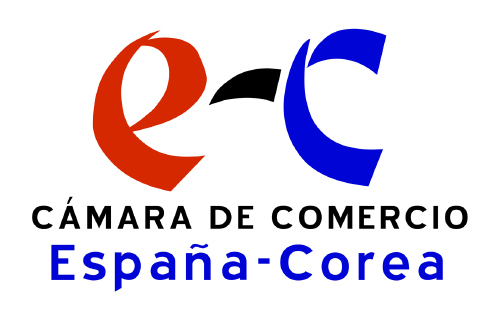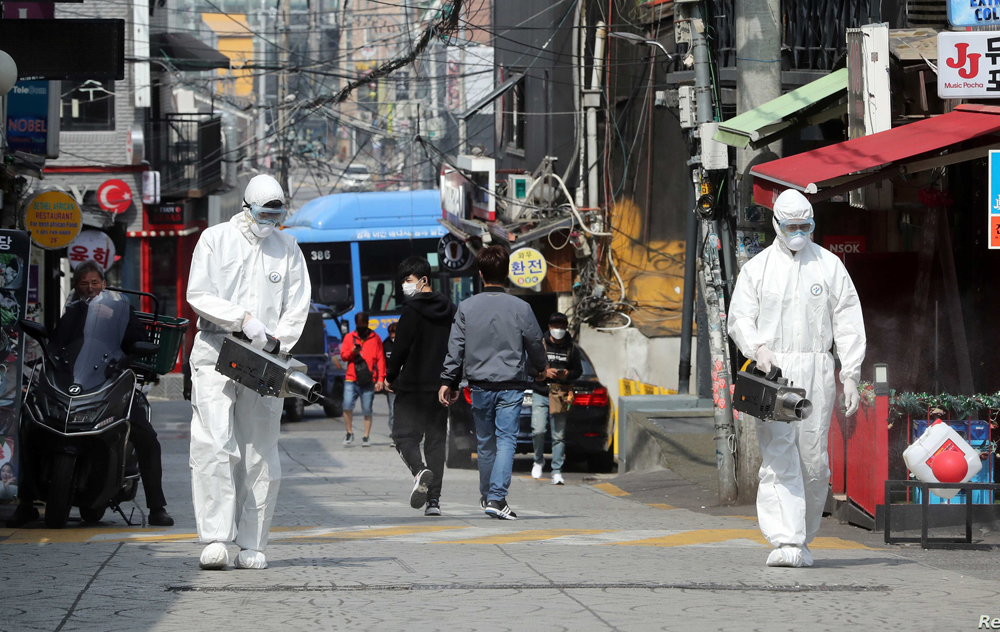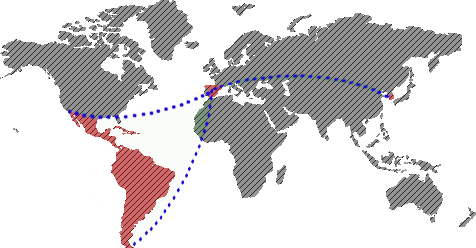Standing firm in the face of crisis as a global hub for cutting-edge technologies and innovation.
Special Contribution by
Kwon Pyung-oh
President and CEO of KOTRA
KOTRA President and CEO offers insight on the current status of Korea in the face of the COVID-19 pandemic and the country’s next steps to position itself as a global hub for high-tech and innovation.
Rapidly changing international trade and investment environment
Through 127 overseas offices in 84 countries around the world, KOTRA closely monitors the global market trends in real time. After some observation, I can clearly see the discrepancy between life before and after COVID-19. In other words, I feel as if we are currently in the midst of a vicious typhoon.
According to the Organisation for Economic Co-operation and Development (OECD), most countries have recorded negative growth in the first quarter of 2020, and the World Trade Organization (WTO) expects global trade volume to fall by 12.9 percent this year. The United Nations Conference on Trade and Development (UNCTAD) projects that global FDI will decrease by up to 40 percent in the period of 2020 to 2021. It is difficult to predict when and how the global economy will recover.
COVID-19 has also changed what and how we trade. The global demand for sanitation and disease prevention supplies has increased. The demand for so-called “homeconomy” (or “stay-at-home-economy”) products and services is also rising, with consumption of ready-to-eat or tertiary processed food soaring, and entertainment spending increasing. Non-face-toface distribution and consumption via the Internet and mobile platforms are becoming the new normal.
Meanwhile, global companies are putting as much importance on the “Just-in-Case” strategy as they have on the “Just-in-Time” strategy. This is bringing about changes in the global value chain, such as the active promotion of reshoring policies in different countries and the formation of regional value chains.
Korea's response strategy and direction
Despite the shock and changes triggered by COVID-19, Korea continues to trade and invest without disruption to its business activities. The IMF forecasts Korea's economic growth rate to be -2.1 percent this year, which is above the global economic growth rate forecast (-4.9%) and the highest among developed countries.
As President and CEO of the Korea Trade-Investment Promotion Agency (KOTRA), I would like to share with you Korea’s response strategies and direction to develop into a global hub for cutting-edge technologies and innovation that remains unwavering amidst the COVID-19 whirlwind.
Spotlight on changing global demand
COVID-19 is increasing the demand for sanitation and disease control supplies as well as homeconomy products in the global market. Countries around the world are trying to secure stable supplies of medicines and medical devices, including diagnostic kits, cleaning agents and masks. As the time spent at home has increased, the demand for products such as processed foods, home-workout equipment, and home-beauty care has also soared.
Based on Korea’s innovative capabilities to overcome COVID-19, also known as “K-quarantine,” the country is being acknowledged in the global arena as a stable supply base for sanitation and disease control products. Korea’s bio and healthcare exports increased 59.4 percent monthon-month this May, marking the 9th consecutive month of growth. Exports of processed foods, vacuum cleaners, and other homeconomy products also increased by approximately 30 percent. This can be interpreted as a result of the proven ability of the Korean export industry to respond to demand in a flexible manner.
In addition, distribution and consumption methods are evidently changing around the world. In fact, “untact” transactions enabled by the Internet and mobile are replacing the traditional face-to-face purchasing of goods. As the current situation limits cross-border travel, the transition of international transactions from offline to online platforms is taking place rapidly.
In response to changes in the global trade environment, KOTRA is conducting various projects to support nonface-to-face international transactions. We are constantly arranging video consultations on high-demand items between outstanding Korean companies and overseas buyers. In fact, over 100 online purchasing consultations are held every day.
We have also upgraded our global B2B e-business platform, buyKOREA (www.buykorea.org), to ensure safety and convenience during the entire transaction process—from exploring partners to payment and delivery. Furthermore, nearly all trade exhibitions and fairs are now being held online.
Response to global value chain reorganization
As you can see, in the midst of this pandemic, countries around the world are coming up with various countermeasures to minimize the risks on the global value chain. At the corporate level, we can see that companies are employing various strategies to maintain stability and mitigate risks.
For instance, they are bringing their bases back home from overseas markets, and are diversifying supply chains from one or a few specific countries to many different countries.
Kevin Sneader, chairman of consulting firm McKinsey & Company, recently mentioned that multi-shoring, a mix of offshoring and reshoring, would become the future trend in global business. In response to the reorganization of the global value chain, Korea is making strong efforts to take a leap forward in becoming a core supply base for high-tech industries.
To this end, we will strengthen our capabilities to provide a stable supply of high-tech materials, parts and equipment by upgrading the value chains of existing flagship manufacturing industries such as semiconductor, display and petrochemical. On top of such efforts to improve the overall business conditions, the Korean government is making bold investments and providing various forms of support to encourage sustainable growth.
In addition, we are working to proactively attract investment in new industries such as bio-healthcare and ICT convergence, which have been proven to be the key to our success in fighting COVID-19. The Korean government is preparing for a large-scale financial investment through a Korean version of the New Deal, which aims to expand digital infrastructure and foster non-face-to-face industries.
Recently, the Bill & Melinda Gates Foundation decided to conduct research on next-generation quarantine methods for infectious disease prevention using Korea's ICT capabilities, and also invested in SK Bioscience’s research and development (R&D) fund for the COVID-19 vaccine. As such, Korea is garnering attention worldwide as an ideal investment destination for future industries based on its technological prowess and innovation.
Invest KOREA, the national Investment Promotion Agency (IPA) established within KOTRA, is strengthening its support for global companies in innovative and high-tech sectors to facilitate their entry into Korea. Investors’ plans are developed into projects, and are accompanied by customized assistance such as providing potential business sites and cash grants.
Two sides of the same coin—Turning crisis into opportunity
There's a saying that goes, “The future belongs to those who change it.” I believe that the world after COVID-19 depends on our efforts. Korea has a long history of overcoming hurdle after hurdle. As our past has made us who we are today, I am certain that we will, once again, turn this current crisis into an opportunity for growth.
I am aware that uncertainties in the global trade and investment environment are posing difficulties for buyers and investors. In these hard times, I hope Korea can serve as a safe haven for business, offering you a plethora of new opportunities, as we stride forward to become a global hub for cutting-edge, innovative technologies. On this long journey ahead of us, you can be assured that KOTRA will be with you every step of the way.






